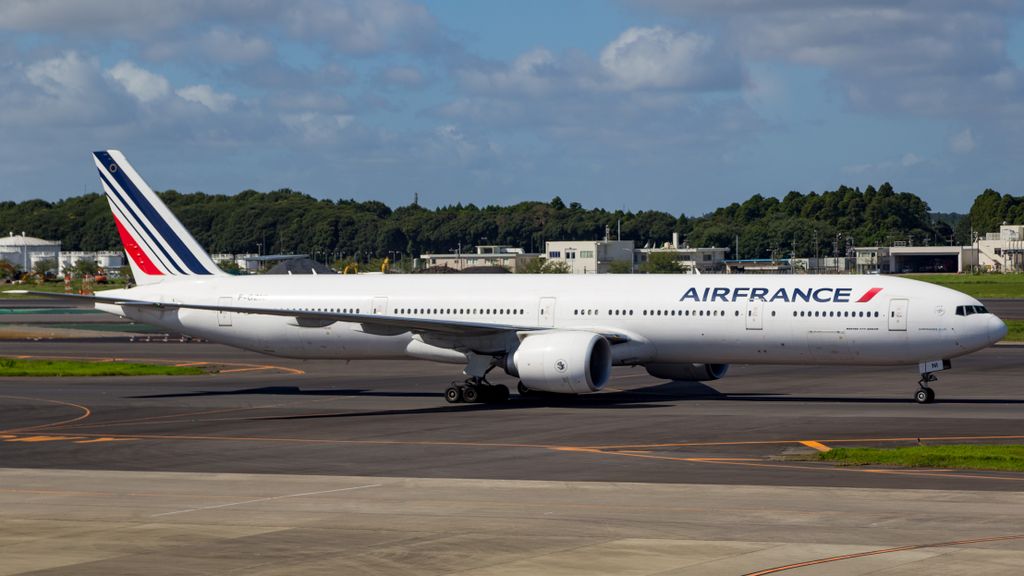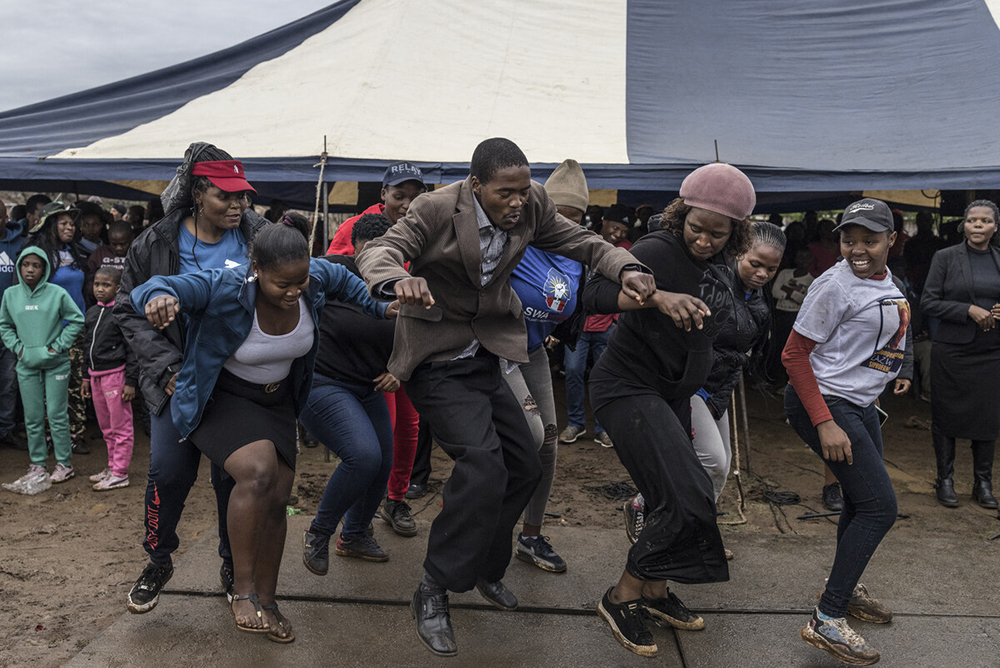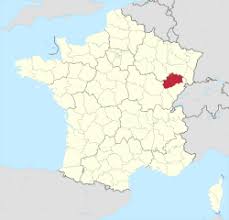The Current State of Affairs in France: An Overview

Introduction
France, known for its rich history, culture, and significant role in global politics, is currently facing a range of challenges that have implications for both its citizens and the international community. As a key player in the European Union and world affairs, understanding the latest events in France is crucial for grasping the evolving political landscape, economic conditions, and social dynamics that are shaping the nation.
Political Landscape
In recent months, France has witnessed significant political activity, particularly with the ongoing discussions around President Emmanuel Macron’s proposed pension reforms. These reforms have sparked widespread protests across the country, with citizens voicing concerns over increasing retirement age and the impact on workers’ rights. Notably, the protests have not only involved trade unions but also attracted attention from various social groups who feel that the proposed changes threaten their livelihoods.
Additionally, the upcoming 2027 presidential elections have begun to influence political discourse, with potential candidates emerging from various parties, sparking debates on national security, immigration, and economic recovery post-pandemic.
Economic Developments
On the economic front, France is grappling with challenges such as rising inflation and energy prices, exacerbated by the ongoing conflict in Ukraine. The government has implemented measures to mitigate the impact, including energy price caps and financial aid for low-income households. Despite these efforts, the French economy shows signs of strain, with economists urging for reforms that promote sustainable growth and job creation.
Social Issues
Socially, France is confronting a multitude of issues, including debates over immigration and integration. The recent increase in migration flows has reignited discussions on national identity and the capability of the French system to integrate newcomers. This is particularly poignant in light of France’s historical context of immigration and the current climate of rising nationalism in Europe.
Conclusion
In conclusion, France stands at a crossroads as it navigates political dissent, economic uncertainties, and social challenges. The outcomes of ongoing protests, along with the government’s responses to economic pressures, will significantly influence the country’s future trajectory. The evolving political landscape as the presidential elections near will also play a critical role in shaping public policy and social cohesion in the years to come. For those observing France, staying informed on these developments is essential for understanding not only the nation itself but also its implications for the wider European context.
You may also like

Wales Online: Your Go-To Source for Welsh News

Exploring the Unique Heritage and Current Affairs of Eswatini

Understanding the Modern Landscape of France
SEARCH
LAST NEWS
- Remembering Wendy Richard: The Promise to Co-Star Natalie Cassidy
- How Did Anglian Water Achieve an ‘Essentials’ Rating for Mental Health Accessibility?
- Shai Hope Leads West Indies in T20 World Cup Clash Against South Africa
- What We Know About Weston McKennie: Future at Juventus and Past at Leeds
- What We Know About the Upcoming Live Nation Antitrust Trial